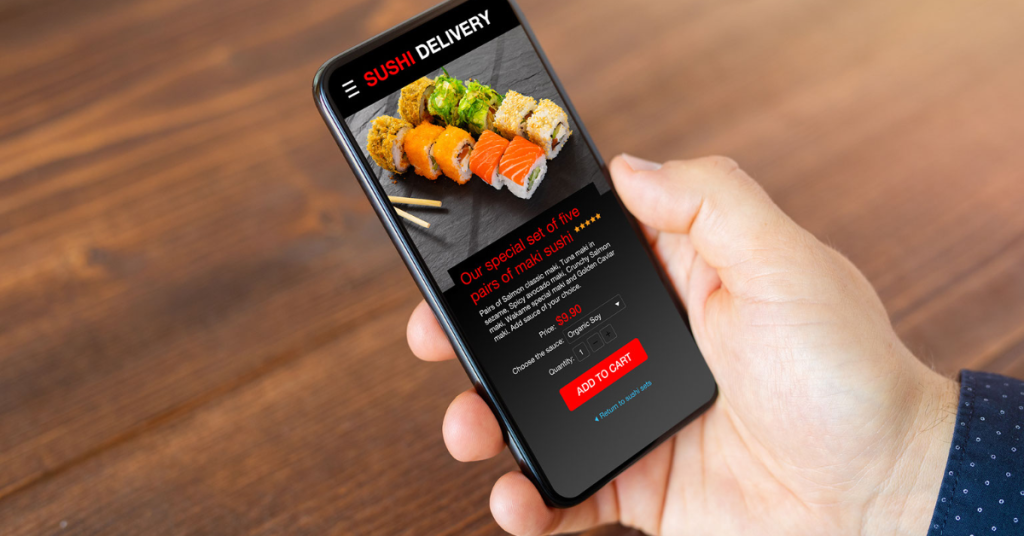
Food delivery apps have transformed the way we order meals, providing convenience and an array of culinary options at our fingertips. However, it’s crucial to understand the insurance gaps that may exist when using these platforms. In this blog post, we will explore the potential risks associated with food delivery apps and discuss the importance of filling those insurance gaps to ensure comprehensive protection for drivers, restaurants, and customers.
Understanding the Insurance Gap Challenge
The unique business model of food delivery apps involves multiple parties, which can lead to insurance-related concerns. Let’s delve into the insurance gaps that may arise:
- Personal Auto Insurance Limitations for Drivers
Many food delivery drivers use their personal vehicles to fulfill delivery orders. However, personal auto insurance policies often exclude coverage for accidents that occur during commercial activities. This means that if a delivery driver gets into an accident while making a delivery, their personal auto insurance may not cover the damages.
- Inadequate Commercial Auto Insurance Coverage
While some food delivery apps provide commercial auto insurance for their drivers, the coverage may be limited or insufficient. This can result in gaps in coverage, lower liability limits, or exclusions that leave drivers financially vulnerable in case of an accident.
- Restaurant Liability Concerns
Restaurants partnering with food delivery apps face their own set of risks. For example, if a customer experiences food poisoning or allergies due to a delivery order, the restaurant may be held liable. However, traditional commercial general liability insurance policies may not cover incidents related to food delivery or may have limitations on third-party delivery services.
Addressing the Insurance Gaps
To ensure comprehensive protection for all parties involved, it’s essential to take proactive steps to bridge the insurance gaps associated with food delivery apps. Here are some actions to consider:
- Delivery Driver Insurance Solutions
Delivery drivers should review their personal auto insurance policies and inform their insurance company about their commercial activities. They may need to purchase additional coverage or explore specialized commercial auto insurance options that provide adequate protection during food delivery.
- Robust Commercial Auto Insurance for App Providers
Food delivery app companies should prioritize providing robust commercial auto insurance coverage for their drivers. This insurance should adequately protect drivers and cover liability arising from accidents, property damage, and injuries that occur during the delivery process.
- Evaluating Restaurant Insurance Policies
Restaurants partnering with food delivery apps should carefully evaluate their existing insurance policies. They should ensure that their commercial general liability insurance covers incidents related to food delivery services and accounts for third-party delivery activities. Adjustments or additional coverage may be necessary to provide comprehensive protection for the restaurant’s interests.
- Open Communication with Insurance Providers
Food delivery drivers, app providers, and restaurants should maintain open communication with their insurance providers. By informing them about their involvement in food delivery services, they can obtain guidance on appropriate coverage options and ensure compliance with insurance requirements.
- Exploring Specialized Insurance Solutions
Recognizing the evolving landscape of food delivery apps, insurance companies are beginning to offer specialized insurance solutions. These products are specifically tailored to address the unique risks associated with food delivery, providing comprehensive coverage for drivers, app providers, and restaurants.
Conclusion
When utilizing food delivery apps, it’s vital to be aware of the insurance gaps that may exist. By addressing these gaps through appropriate insurance coverage, we can protect the interests of food delivery drivers, app providers, and restaurants while ensuring the safety and satisfaction of customers. Bridging the insurance gaps in the food delivery industry will enable everyone involved to enjoy the convenience of these apps with confidence and peace of mind.
